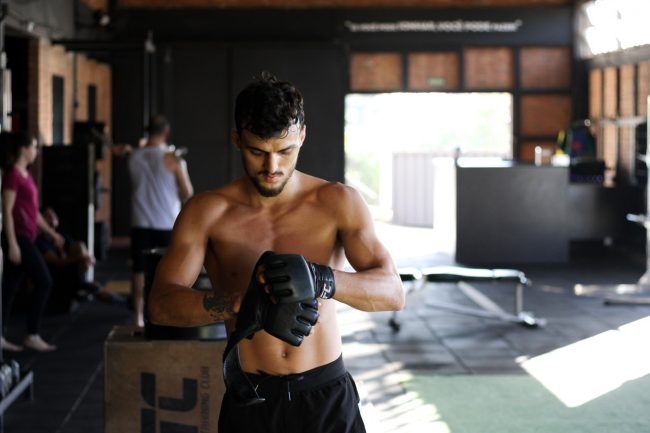Traveling brings a Variety of challenges for athletes and those who are health conscious. Careful preparation is needed to make any trip a success. I was recently on vacation, and also did lots of onlooking on how people eat when they’re travelling and wondered what I do on vacations in an effort to feed myself and my family well. Then a team passed by in uniform basketball jerseys and my thoughts turned onto athletes. Travelling for competition or training can be an especially daunting prospect for athletes that have particular nutrition preferences and targets. If you’re staying within the community area, or state, it could be a bit easier to handle, but even when going abroad a number of the principles remain the same.

Here are my top 5 tips for eating well when traveling to make certain you’re not starving and ready for achievement:
1. Do your research
Regardless of the duration of your trip, if you would like to eat well during the time you’re gone, you will need to investigate and plan ahead. Questions you Will Need to ask include:
– How long can I be in transit for and will there be stops along the way?
– Can any fluids or food be supplied, or could I purchase, or do I have to take my own food with me?
– When staying for a number of nights, then where’s the nearest Supermarket? Big or Little? Opening hours?
– Where can I stay that provides cooking facilities and a refrigerator?
– Nearby eateries – restaurants/cafes, take-away Possibilities, kinds of foods and prices involved?
– Food security – do I want to be more careful of what I eat and can I drink the tap water?
These questions are only a starting point, you might need to Look even farther into the particulars of what foods can be found, based upon your unique needs. If you understand a little about where you’re staying and where it is possible to purchase food then you are going to save yourself time, stress and money.
2. First Priority- supermarket
Your first destination upon arriving should be to find your closest supermarket. If you’re travelling by airplane, utilize the opportunity to write a shopping list of the essentials. Stocking up when you first arrive saves you money and time, and most of all suggests that you are able to be organized to eat well from the beginning. Breakfasts are a breeze to self-cater, so are snacks also. Lunches and dinners can be more of a challenge, based upon your cooking centers and program, but if you plan ahead it is easy to create.
3. Use convenience foods
Convenience foods are usually processed, and so lumped to the ‘avert’ category. However, the truth is that pretty much all foods have been processed to a level, the important thing is to search for minimum processing along with few additives. ‘Convenience’ foods like pre-packaged salad leaves, frozen veggies in microwavable sachets, canned fish and veggies, as well as individual portions of rice or quinoa which can be readily heated can save yourself time, cash and effort. It is likely that when you return to your accommodation late from a tournament and have to already wash your basketball singlets or other sports equipment, the last thing you’ll want to do is prepare a meal from scratch
4. Are you truly hungry?
One of the large problems when traveling is that we’re often confronted with hours and hours of either waiting around or in transit. Consequently, we could get tired, and readily pass the time by drinking and eating to provide something to do. Locate several other activities to pass the time! Head off equipped with ideas to help avoid eating being the major action. Consider whether or not you’re really hungry or not. If you’re an athlete and you’re travelling over a couple of times you might not be performing your routine training and probably won’t have to consume as much as you normally would. It is great to bring a selection of snacks in your luggage, but it does not mean that you have to consume all of them within the first hour. Pace yourself and listen to your own body. Much like fluid, you might not have to drink exactly the identical quantity as usual, but for airplane traveling you might have to drink additional to permit for the dehydrating effects of the cabin.
5. Dining Out
Obviously when you’re travelling there’ll be instances when you would like to eat out, or catch a dinner that is take-out. Nowadays we’re blessed that in most western countries it’s usually not too tough to locate a half-decent alternative when eating in a restaurant or perhaps picking take-away. My biggest suggestion is to simply keep it easy. Adhere to basic proteins like beef, chicken or fish with salad or vegetables instead of too many heavy sauces or dressings. Examples include Fish and salad, beef with veggies, Asian-style sauces or a poultry and vegetable stir-fry. Same with carbohydrates, some athletes want more than other people and if you’re somebody who needs a lot then select pastas or meals served with noodles, rice or Cous-cous… simply watch the sauces and dressings. Steer clear of the fried stuff and observe your portion sizes too, it’s simple to over-eat when traveling so tune into your hunger signals.

